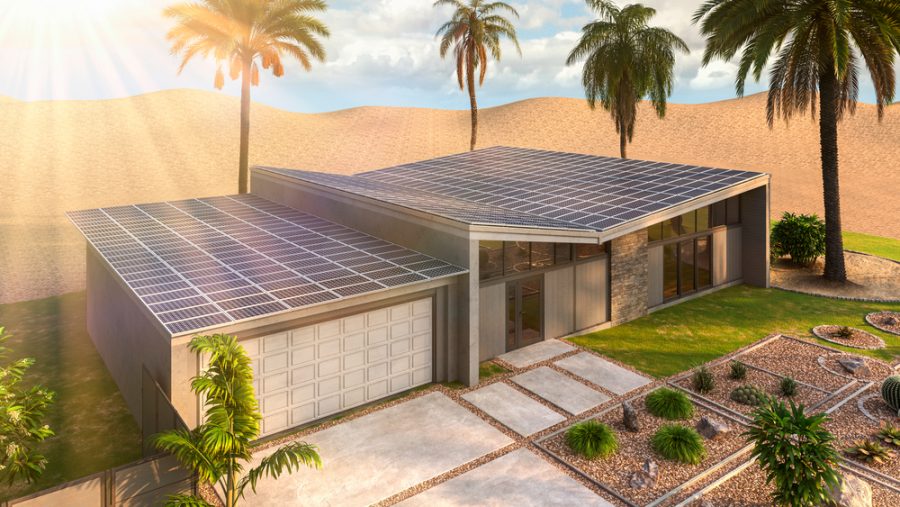There is a growing trend of people who want to live off-grid. It is a calling that many feel the need to answer as they seek to learn to become more self-sufficient and even reduce their carbon footprint. Initially, the idea of living a sustainable life off-grid seems a bit daunting. People heading in this direction find that there is a learning curve that they must endure in order to be successful at developing the skills to survive in an off-grid capacity. The following are four tips to help an individual to become more self-sufficient when living off-grid.
Growing Food
The ability to produce food is what makes it possible to be truly self-sustaining when living off grid. Armed with a Farmall Tractor, a person can easily engage in plowing up the ground in rows to grow crops. It is essential to have enough property to cover most, if not all, of an individual’s food growth needs. Plus, it is important to remember to stock up on the seeds that will be required for making each growing season a huge success.
Rationing Food
One of the important tips of becoming self-sufficient while living off-grid is to learn how to ration food. This means keeping a fairly strict journal on how much a person eats from one day to the next. This will help to identify how much food they are consuming over a given time period. From here, it should be possible to obtain an estimate of what the minimum amount of food they will need to have on hand to ensure they are not missing any meals.
Basic Protection
When a person is living off-grid, this usually means they do not live in the middle of the city. Generally, people living off-grid live in the country, and have to beware of predatory animals that come on their property. To deal with these wild animals, it is important to have a basic means of protection such as a firearm to rapidly get the situation under control.
Water Purification and Waste Management
When a person lives off-grid, chances are they will have to provide for their own water and address their own bodily waste management issues. Certain quality filters can help to keep drinking water clean of all kinds of heavy metals and toxins. Looking into how to install and maintain a septic system will be important for properly addressing bodily waste storage and management as well—especially if you are not interested in being stuck using a composting toilet.
The Picture of Off-Grid Success
No one said living off-grid was going to be easy. People who do it must learn many essential skills to sustain their living situation over the long term (months or even years). Once food, water, waste, shelter and basic protection issues have been secured, it is always important to ask what other skills will be needed to achieve a whole new level of off-grid living. This ongoing pursuit of new skills is what makes off-grid people so capable when it comes to sustaining their living situation.

